
- Students engage with working industry professionals through workshops and masterclasses.
- Train in a professional recording studio, a dedicated Dolby Atmos post-production suite, and Mac labs with industry-standard software.
- Structured career pathways and a dedicated placement cell support roles in music production, film post-production, live sound, game audio, and audio signal processing.
- Build core listening skills, understand audio workflows, and learn essential tools and signal flow, regardless of prior experience.
- Move into recording, production, and editing, developing creative and technical confidence through real-world audio tasks.
- Work on advanced projects, choose focused pathways, and gain professional experience through internships.
- Complete advanced projects, build a strong portfolio, and prepare for professional practice or higher studies.
Semester 1
- Fundamentals of Audio
- Media Equipment
- Ear Training and Working with Instruments
- Foundations of Live Sound & Audio Signal Processing
- Signal Routing Essentials
- Communication Skills
- Environmental Studies
Semester 2
- Music Recording Techniques
- Digital Audio Workstation
- Production Audio
- Music Production Techniques
- Introduction to Audio Software Engineering OR Live Sound Console Operations & RF Deployment
- English Language for Media
- Digital Audio & Networking Technology
- Indian Music Appreciation
Semester 3
- Music Editing Techniques
- Sound Design 1
- Minor - I
- Minor - II
- Advanced Music Production Techniques
- "Advanced Audio Software Engineering OR Speaker Management"
- Visual Communication
- Piano & Keyboard Skills
- Media and Indian Culture
Semester 4
- Music Mixing Techniques
- Sound Design 2
- Project: Game Audio
- Minor - III
- Applied Music Production Techniques
- "Audio Data Science OR System Design and Deployment"
- Community Service - I
- Photography Skills
Semester 5
- Immersive Audio Technology
- Acoustics and Studio Construction
- Music Laws and Business
- Film Score Design
- AI in Audio Workflows
- Minor - IV
- Entrepreneurship Development
- Community Service - II
Semester 6
- Sound Engineering Graduation Project
- Project: Sound Design for Game
- Sound Engineering Internship
- Minor Project
Semester 7
- Media Research Project - I
- Research Methodology
- Media Research Publication
- "Experimental Music Production OR Advanced Audio and Multimodal Technologies OR Advanced Measurement and Tuning Systems"
- Project: Plugin Development
Semester 8
- Media Research Project - II
- Media Research Dissertation
- Research Project in Audio

Dante Certified User by Audinate

Avid ProTools
- Audio Engineer
- Recording Engineer
- Mixing Engineer
- Mastering Engineer
- Music Producer
Sound Design & Post-Production:
- Sound Designer
- Foley Artist
- Sound Editor
- Dialogue Editor
- Re-Recording Mixer
- Post-Production Engineer
- Live Sound Engineer
- Location Sound Recordist
- Broadcast Sound Engineer / Operator
Game & Interactive Audio:
- Game Audio Engineer
- Audio Programmer
Acoustics & Systems:
- Acoustic Engineer
- AV Systems Engineer
Media & Content Creation:
- Podcast Sound Engineer
Applicants must have completed 10+2 in any stream from a recognized board. Prior music or technical experience is not required, only an interest in sound and audio production.
The B.Sc. Sound Engineering degree is a 3+1 year program, structured under the NEP 2020 framework.
Students work with professional studios, media labs, digital audio workstations, recording gear, microphones, live sound equipment, and acoustically treated environments for hands on training.
Yes. The program includes internship opportunities along with placement assistance across music production, live sound, post production, broadcasting, gaming, and media industries.
Training includes industry standard applications such as Avid Pro Tools, Ableton Live, FMOD, Unity (Audio Integration), Dolby Atmos Renderer, Dante Controller, Smaart and other tools used for recording, editing, mixing, sound design, and music production.










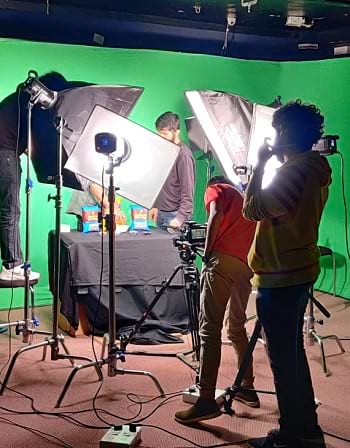
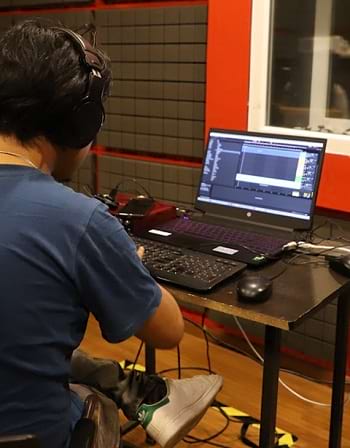
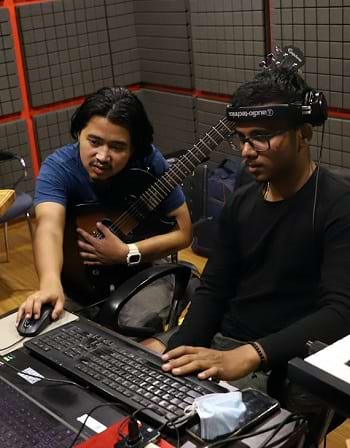
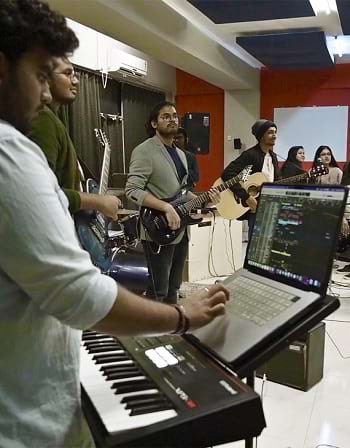

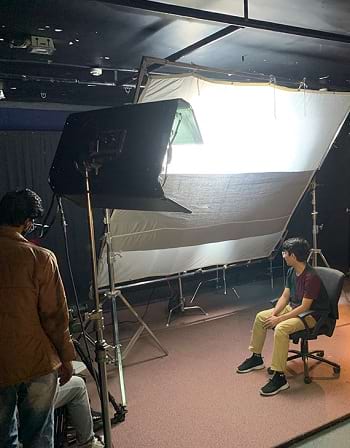
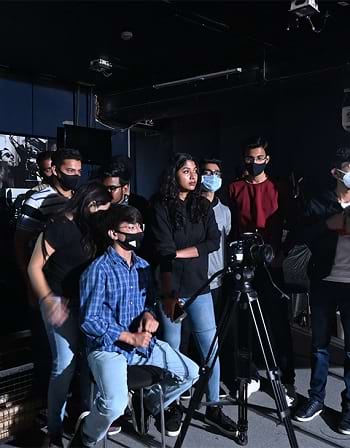

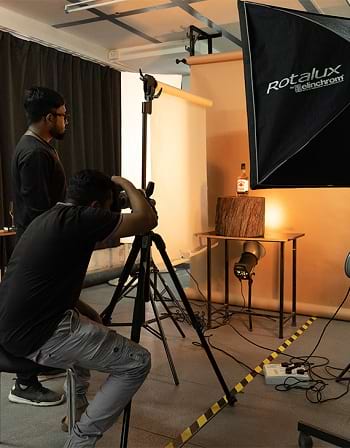

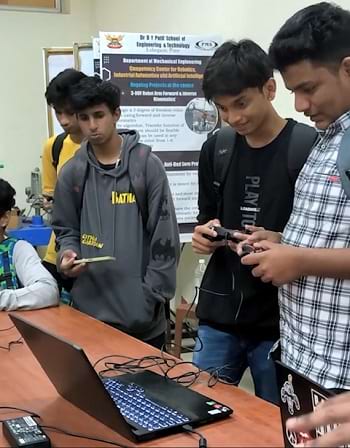

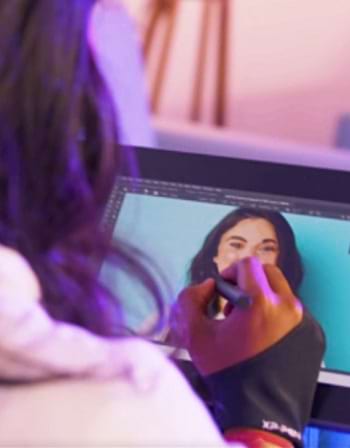
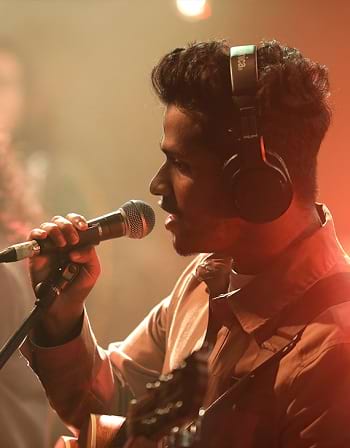






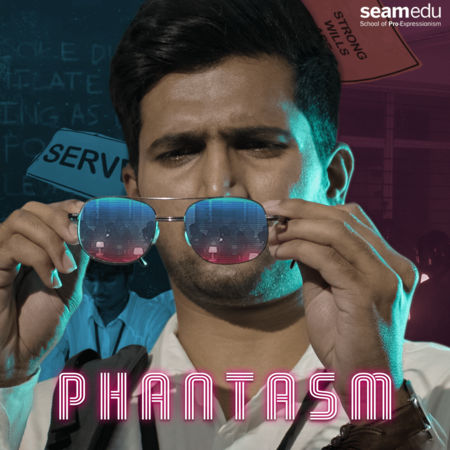


















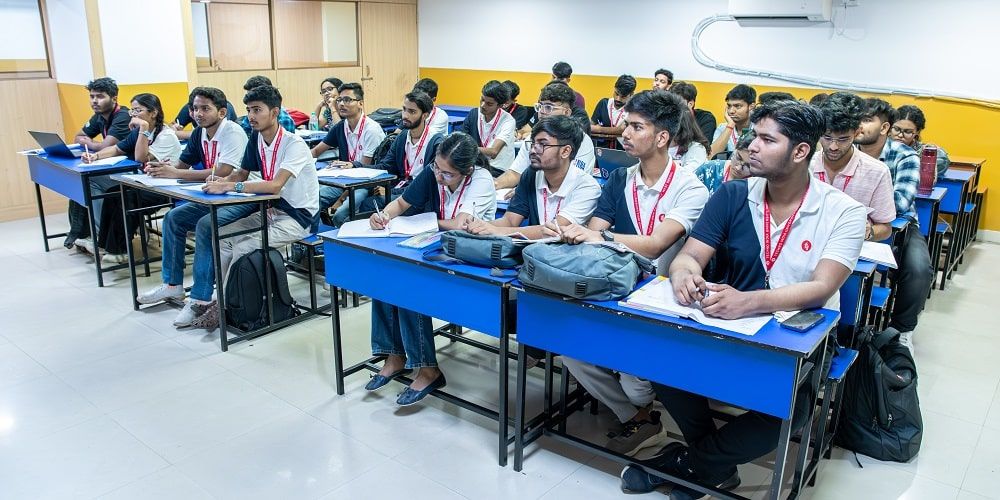
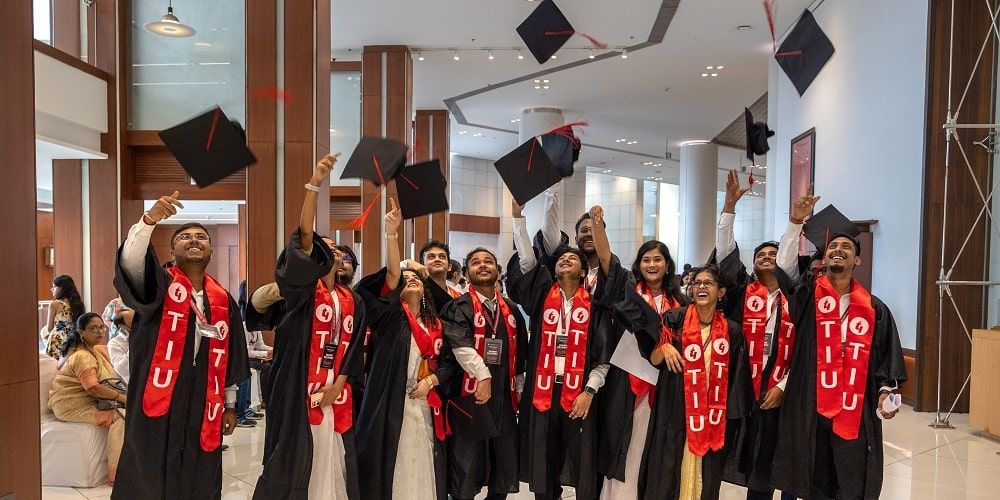
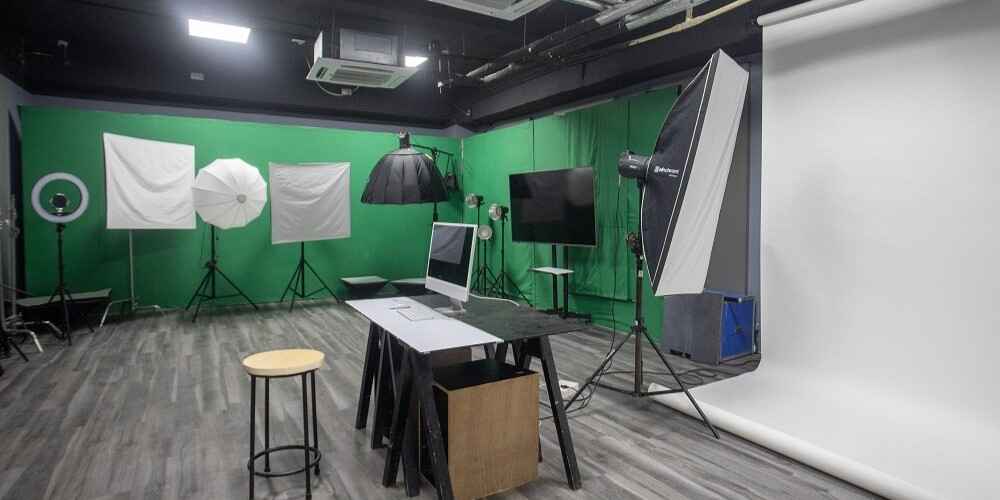
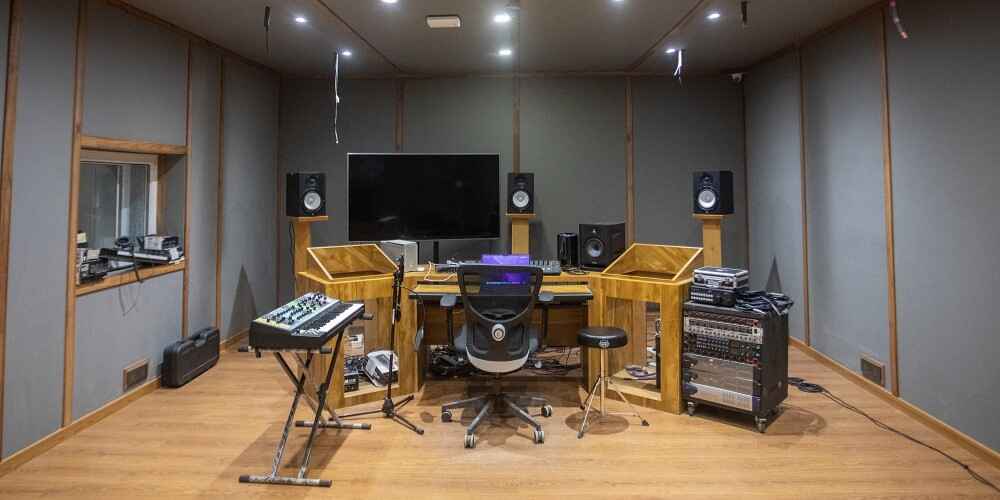
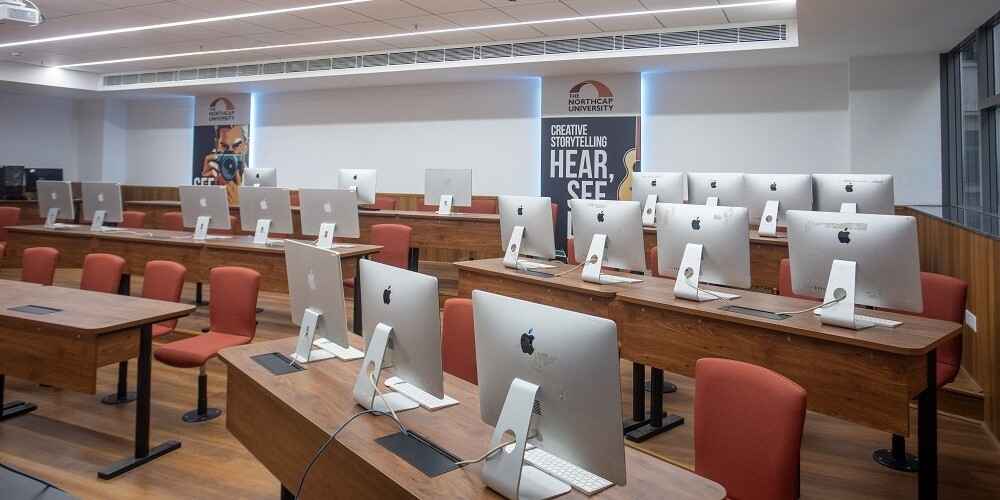
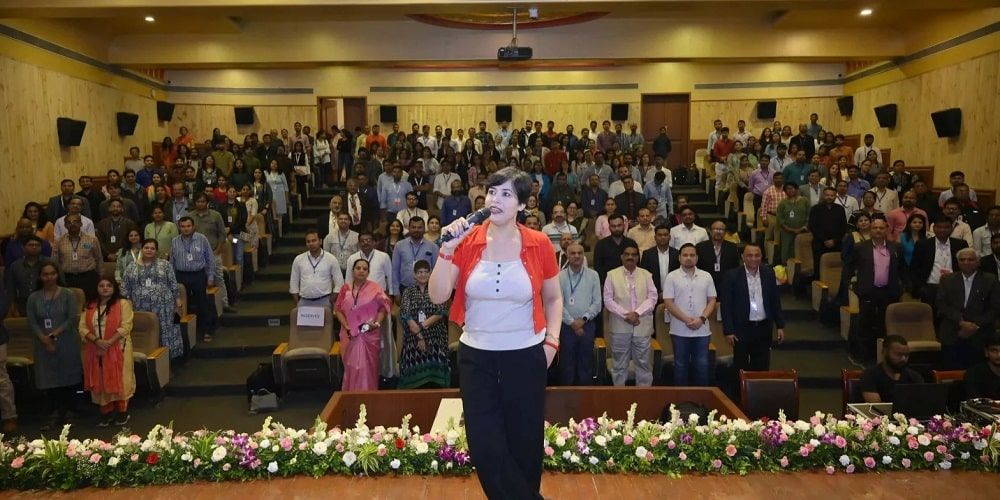
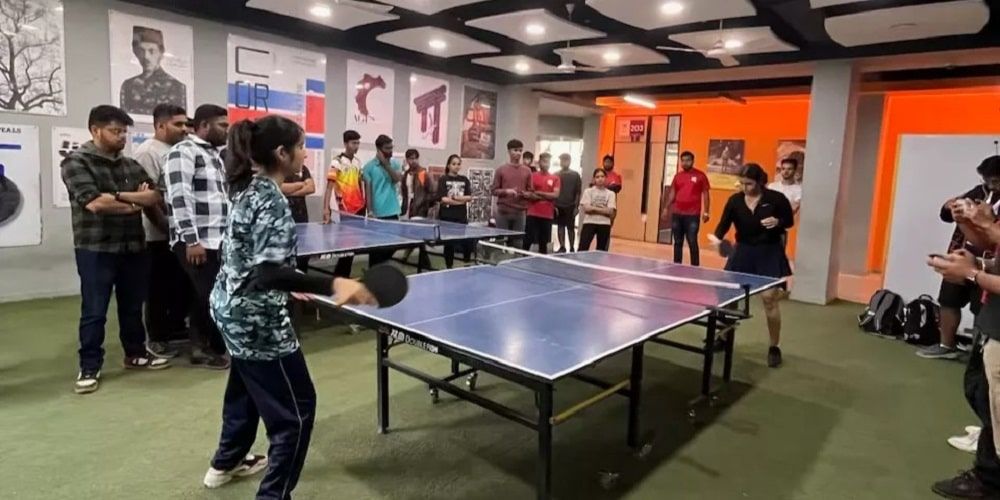







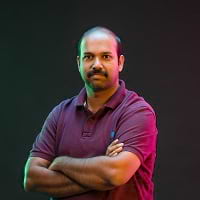

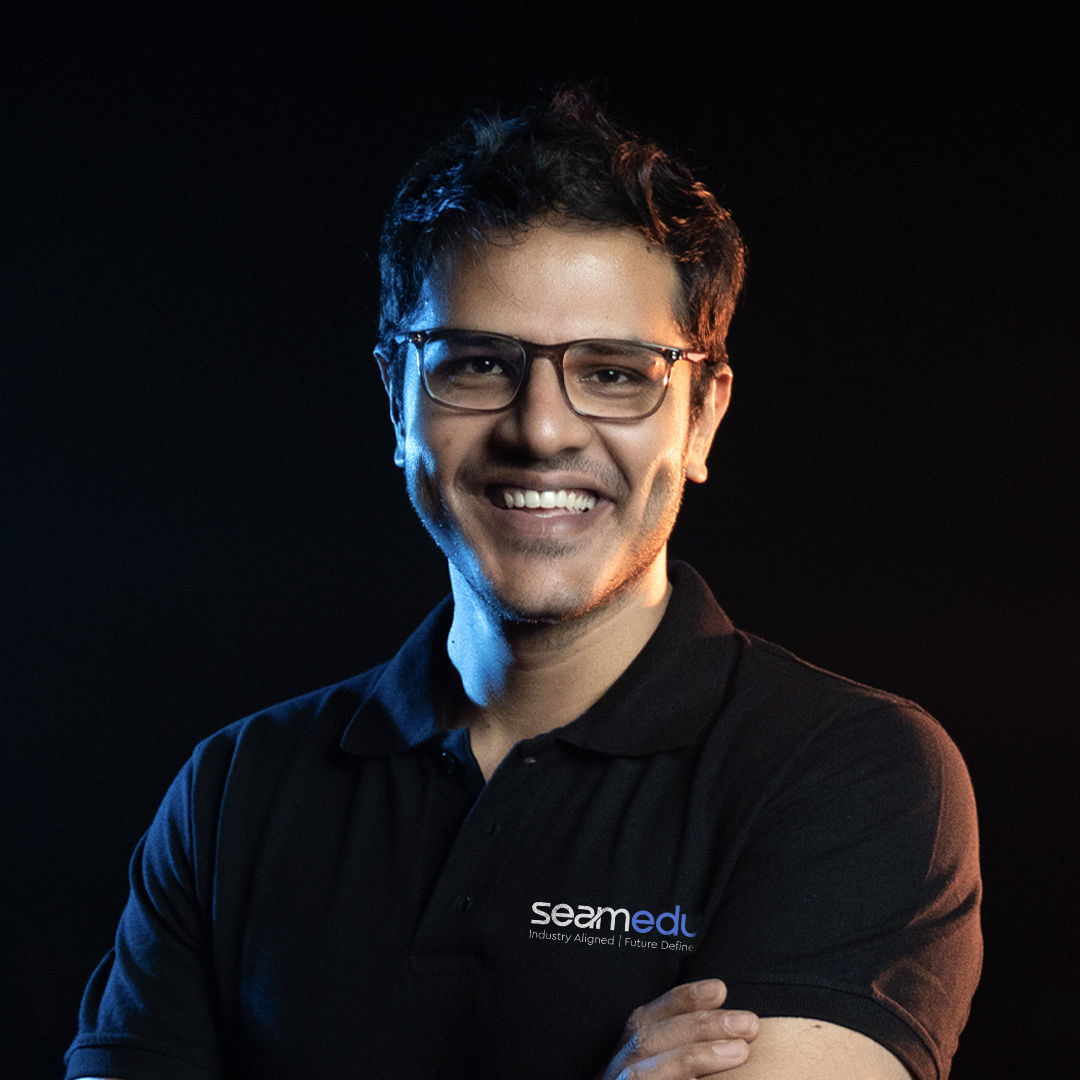

 info@seamedu.com
info@seamedu.com
 +91 9225088657
+91 9225088657


